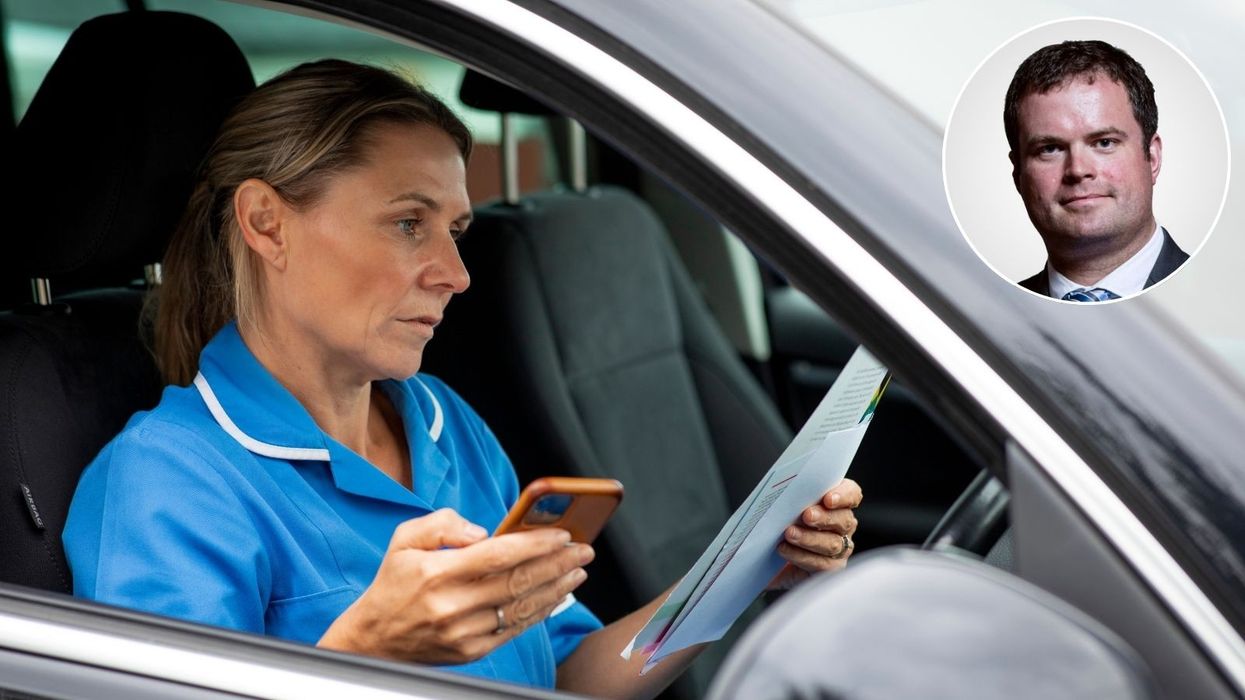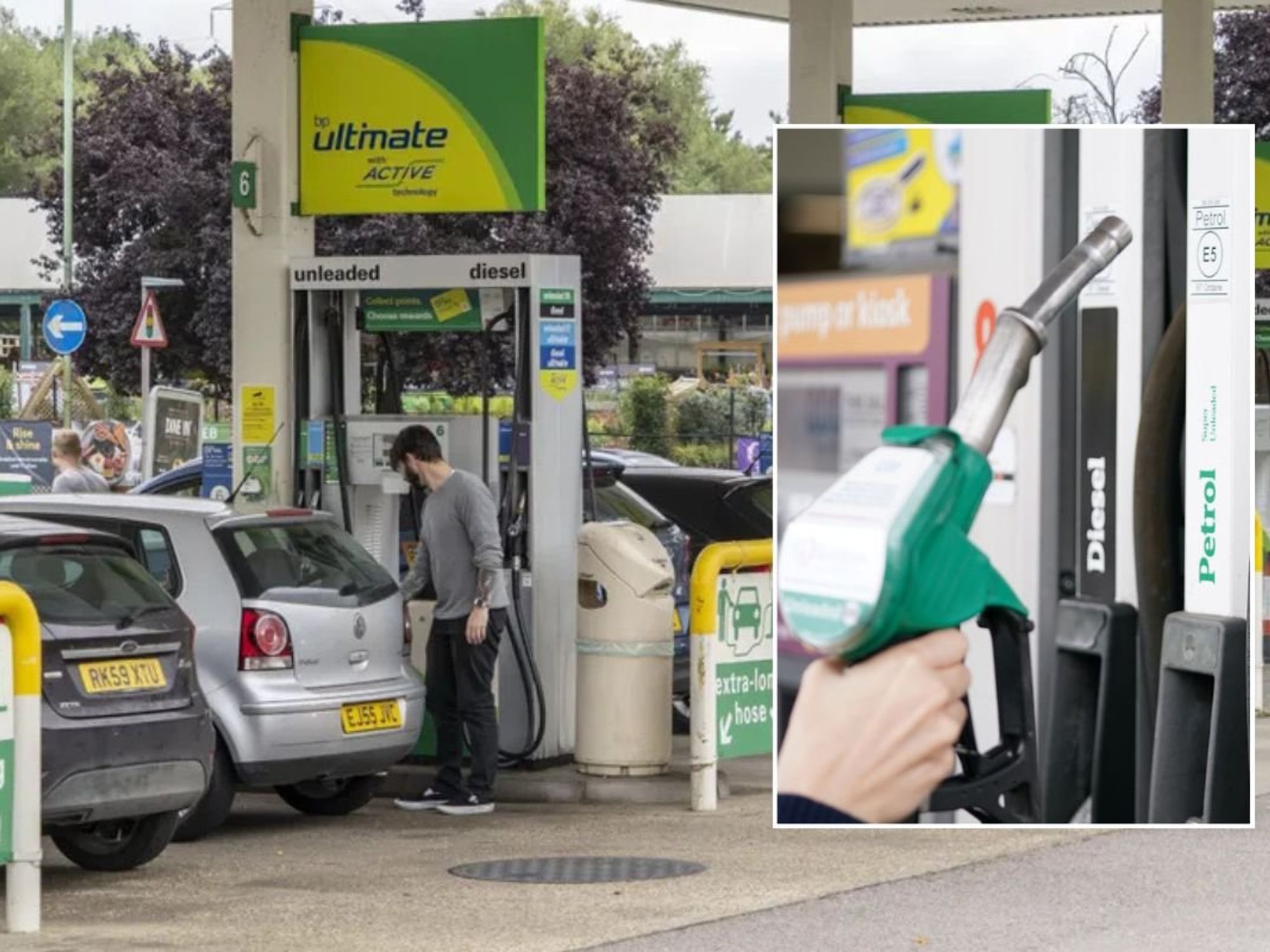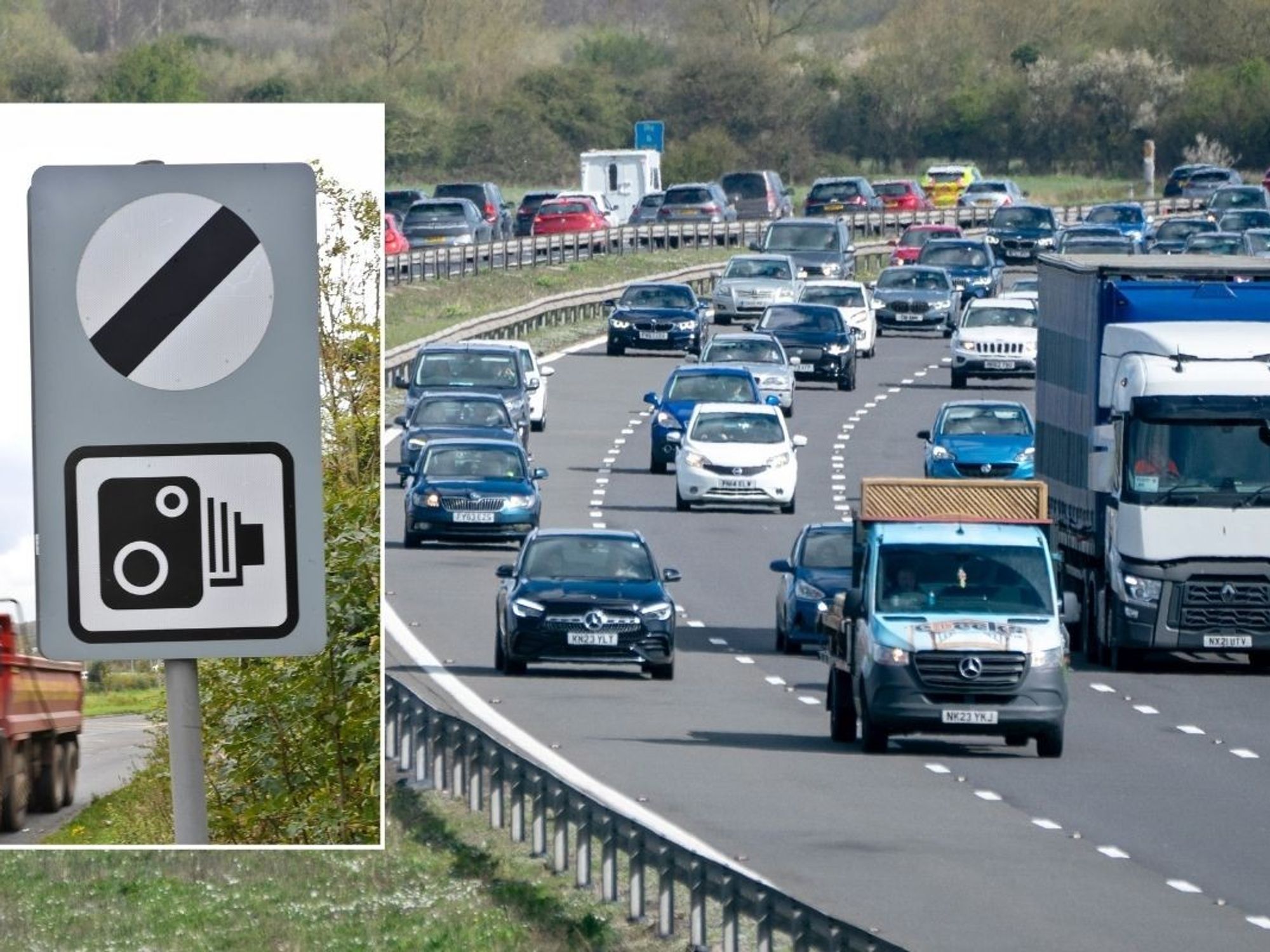'An attack on freedom!' Pay-per-mile car tax is pernicious, Orwellian and regressive, says Kevin Foster

Kevin Foster says caregivers and delivery drivers would be worst-hit by a 'pay-per-mile' car tax
|GETTY
Kevin Foster, former Conservative MP, has previously served as Minister of State for Transport
Don't Miss
Most Read
Imagine having to think every time you left home whether turning left or right out the driveway would increase your tax bill.
Then having every visit to family, friends, the shops, even your church, being logged by the taxman.
Consider what is fair about a tax which will be paid more by those on lower wages who must go out to earn a living, like domiciliary care workers and delivery drivers, than by wealthy professionals or public sector workers who can opt to work from home?
Just thinking about these three points makes clear what a pernicious, orwellian and regressive idea a “pay per mile” car tax is.
Yet having been buried in 2010, it is now emerging zombie-like from the graveyard of bad political ideas to once more stalk the land threatening our freedoms and livelihoods.
For the metropolitan elite, pay per mile makes sense.
They fret about climate change and too many people driving past their front door, not how to keep a faithful old car on the road to reach their jobs or those they care for.
The amounts charged for driving at the weekend or for a weekly shopping trip, won’t make much of a dent in their bank balance. If they work in the public sector, they can even get their Trade Union to strongarm Labour into agreeing the taxpayer should cover any work-related costs.
But for the millions who get out of bed early in the morning to hit the road, whilst others still have their bedroom curtains closed, it would be another tax burden.
Those required to go to work during the lockdowns, who were hailed as “key workers”, now face being taxed for the very need to do so.
Alongside the moral arguments against such a regressive tax, there are obvious practical ones. How do you track every vehicle movement in an area?
The last time this type of system was mooted, a generation ago, everything from electronic boxes in cars to mobile phone apps was suggested.
All were visibly impractical, plus the enforcement work needed to counter obvious evasion tactics would have created a costly industry itself.
Even if these practical and technical difficulties could be overcome, the privacy implications are outrageous.
Any pay-per-mile system relies on knowing how many miles you have driven in set areas or on specific roads. What happens to this data? Who has or could gain access to it? Can the state truly justify the routine collection of so much info on the daily lives of citizens not suspected of any crime?
The last time this type of tax was suggested, back in the 2000s, air pollution in our urban centres was cited as the justification for it. Yet increasing numbers of electric vehicles, better fuel efficiency and a fall in the number of diesel cars have tackled this already.
MORE FROM GBN MEMBERSHIP:
- Pay-per-mile car tax changes could see drivers pay even more to use the roads
- POLL OF THE DAY: Would you support a pay-per-mile car tax? Your verdict
- 'We need free speech and open, reasoned debate more than ever - but the views must be legal'
Pay-per-mile car tax is simply an attack on freedom and the ability to use your car/van to make a living, visit relatives or simply enjoy yourself.
Now with the politics of envy and environmental virtue signalling back in Downing Street, it rises from the political graveyard, set to grasp at working Britain. Yet it is those very voters who can stand against it.
Campaigning during the Uxbridge By-Election quickly made clear how popular Sadiq Khan’s ULEZ tax was with many voters Labour felt certain would back them.
Now the Conservative Party must provide voters across the UK with the same opportunity to oppose any pernicious move to a pay-per-mile tax brought in by Labour.










